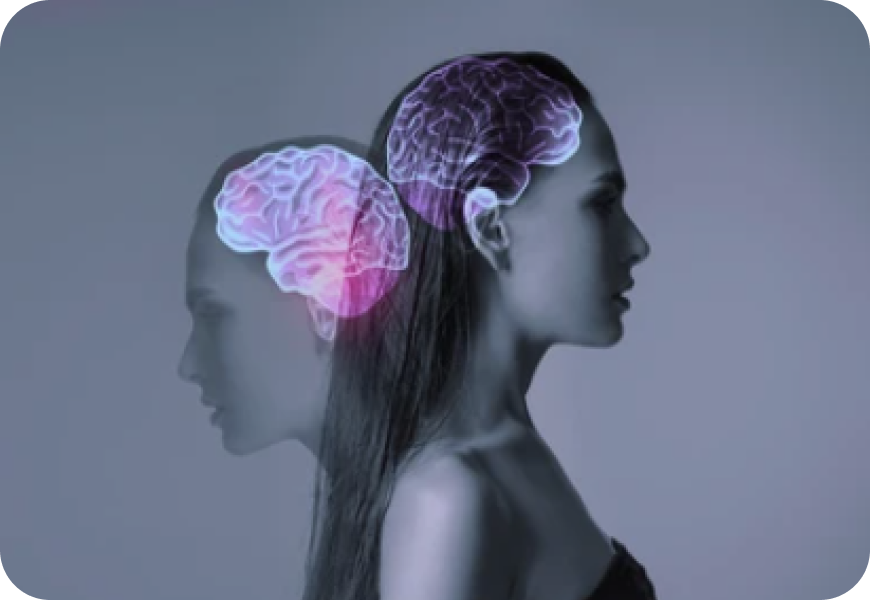Keeping you ahead of the curve with our AI Strategy
Impact of AI in Education and E-learning

Abstract:
This whitepaper presents a comprehensive analysis of the applications of generative AI in education and e-learning, discussing their potential benefits, challenges, and ethical considerations. We explore AI-powered personalized learning, intelligent tutoring systems, student assessment, teacher support, educational analytics, and additional applications such as language learning, adaptive learning, educational chatbots, and accessibility. We also emphasize the importance of addressing ethical concerns, such as data privacy, security, and algorithmic bias, to ensure the responsible and equitable use of AI in education and e-learning.
1. Introduction
The rapid advancements in artificial intelligence (AI) technologies are transforming the education industry, presenting new opportunities to enhance learning outcomes, teaching methodologies, and educational accessibility. AI is expected to create $3.7 trillion in value for the global education sector by 2030 (HolonIQ). In this whitepaper, we discuss the applications of generative AI in education and e-learning and explore their potential benefits, challenges, and ethical considerations.
2. Personalized Learning
Generative AI has the potential to revolutionize personalized learning by analyzing student data to create tailored learning experiences. AI-powered tools can generate personalized learning paths, content recommendations, and interventions, leading to improved learning outcomes. According to a report by McGraw Hill, 78% of teachers believe that AI can improve personalized learning.
3. Intelligent Tutoring Systems
AI-powered intelligent tutoring systems can provide individualized feedback and support to enhance student learning. These systems can identify areas of difficulty and provide targeted interventions, leading to improved learning outcomes. The global intelligent tutoring systems market is expected to grow at a CAGR of 39% between 2020 and 2024 (Technavio).
4. Student Assessment
Generative AI can assist in assessing student learning outcomes by analyzing performance data and providing targeted feedback. AI-powered assessment tools can improve the quality of student assessments, with 70% of teachers believing that AI can enhance assessment (EdTech Magazine).
5. Teacher Support
AI can support teachers by providing personalized feedback and recommendations on teaching methodologies. AI-powered tools can help teachers improve their instruction, plan lessons, and create content. According to a report by HolonIQ, 77% of teachers believe that AI can help them be more effective in their roles.
6. Educational Analytics
AI-powered analytics can help educational institutions make data-driven decisions by analyzing student and institutional performance data. The global market for AI-powered educational analytics is expected to reach $1.1 billion by 2023 (Forbes).
7. Additional Applications of AI in Education and E-Learning
7.1 Language Learning Generative AI can enhance language learning by analyzing speech and providing feedback on pronunciation and grammar, leading to improved language proficiency.
7.2 Adaptive Learning AI-powered adaptive learning tools can adjust the difficulty of content based on a student’s performance, allowing them to learn at their own pace and level of comprehension.
7.3 Educational Chatbots AI-powered chatbots can assist students in answering questions, providing feedback, and offering personalized recommendations, leading to improved student engagement and satisfaction.
7.4 Accessibility AI can help improve accessibility in education by providing tools for students with disabilities, such as speech recognition and text-to-speech conversion, allowing for more inclusive learning environments.
8. Ethical Considerations
Addressing ethical concerns, such as data privacy, security, and algorithmic bias, is crucial for the responsible and equitable use of AI in education and e-learning. Educational institutions, policymakers, and AI researchers must collaborate to develop and implement ethical guidelines and regulations.
9. Future Directions and Recommendations
To fully harness the potential of generative AI in education and e-learning, the following recommendations should be considered:
9.1 Collaboration and Partnerships Fostering collaboration between educational institutions, policymakers, AI researchers, and private sector organizations will be vital to developing and implementing AI-driven solutions that address diverse learning needs and challenges.
9.2 Investment in Research and Development Increased investment in research and development will drive innovation in AI-driven educational solutions and help to address the unique challenges faced by different educational contexts.
9.3 Teacher Training and Professional Development Providing teachers with ongoing training and professional development opportunities will enable them to effectively integrate AI-driven solutions into their instructional practices, ensuring that the benefits of AI are fully realized.
9.4 Ethical AI Development and Deployment Promoting the development and deployment of AI-driven educational solutions that adhere to ethical guidelines, such as data privacy, security, and algorithmic fairness, will be crucial to ensuring the responsible and equitable use of AI in education and e-learning.
9.5 Evaluating the Impact of AI on Education Conducting regular evaluations of the impact of AI-driven educational solutions will help to identify areas for improvement and inform future innovations in the field.
10. Conclusion
Generative AI holds significant promise for the future of education and e-learning, offering innovative solutions to improve learning outcomes, enhance teaching methodologies, and increase educational accessibility. By addressing the challenges and ethical considerations associated with AI adoption, and by implementing the recommendations outlined in this whitepaper, the education industry can fully harness the potential of generative AI to revolutionize teaching and learning for the better.

